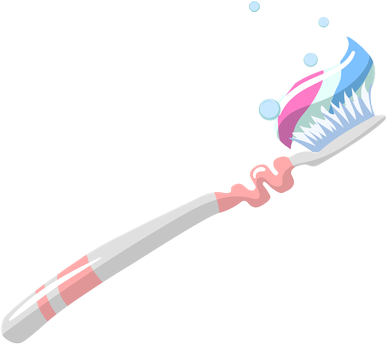 Bloomsburg, Danville, and Lewisburg, PA
Bloomsburg, Danville, and Lewisburg, PA
If you watch TV or have read a magazine lately, chances are that you have seen or heard advertisements promising “enamel restore” or “enamel repair” by using a said type of toothpaste or mouth rinse. While these claims may seem relatively new, they actually aren’t. Dental hygiene products containing fluoride have been “repairing enamel” for decades. But, how well can these products “heal” your teeth?
Let’s first take a look at what tooth enamel is and how it can be “restored.”
Dental or tooth enamel is the outer most layer of your teeth. It’s what you see when you smile. Enamel is on the outside of your teeth all the way to your gum line. The area of your tooth that resides below the gum line, however, is not protected by enamel, hence why you may experience tooth sensitivity when gum recession occurs. Enamel is naturally a hard substance, although it contains no nerves.
Here’s the kicker….since enamel is not living tissue, it cannot grow back or “restore” itself. You get what you get, and that’s it!
How does enamel become damaged?
Although enamel is incredibly resistant to cavities or tooth decay, it isn’t immune to developing soft spots that result in cavities. It takes quite a bit of bacteria and acid exposure to develop tooth decay. The process of a cavity begins when the enamel becomes weakened or demineralized. At this point, a soft spot has formed, allowing bacteria, sugar, and acids to infiltrate the tooth, weakening it further and causing decay.
Enamel also becomes damaged from erosion due to consuming highly acidic foods or drinks regularly. Consuming beverages such as lemonade or soda throughout the day creates an acidic environment that erodes dental enamel. This is a slow process, and wouldn’t just happen from having an occasional acidic or sugary beverage. The good news is that when the enamel is weakened in this manner, fluoride treatments can help restore it.
Here’s how those over-the-counter products hold up to their promise, and why they might not be for some people
Fluoride naturally repairs and strengthens dental enamel. Using fluoridated toothpastes and rinses will always be a great way to keep your teeth strong and resistant to cavities. Additionally, if you have pervasive demineralization, these enamel-focused products may help delay the onset of a cavity or tooth decay. Toothpastes containing calcium phosphate, stannous fluoride, and other strong concentrations of fluoride may help strengthen your dental enamel. However, if you already have cavities that have formed, these products will not hold up to their claim. Only a dental filling can “heal” your tooth at that point.
Are enamel-repairing products right for me?
Most people should use toothpaste that contains fluoride. Also, some patients with already weakened areas of dental enamel may benefit from a stronger application of fluoride gel only available from their dentist. Since dental enamel naturally thins as we age, enamel-repairing products may be right for older individuals or people who expose their teeth to foods or beverages that are highly acidic.
You may also benefit from enamel-repairing products if you experience any of the following:
- Tooth sensitivity to hot or cold substances
- Translucent-looking teeth along the edges
- Round or jagged-looking edges of teeth
- Dullness, or overall yellowing of your teeth
If you would like to learn more about enamel-repair or to have your teeth evaluated by family dentists in Bloomsburg, contact Hamilton Dental Care today by calling (570) 387-0533. We welcome patients from Bloomsburg, Danville, and Lewisburg.







Comments are closed